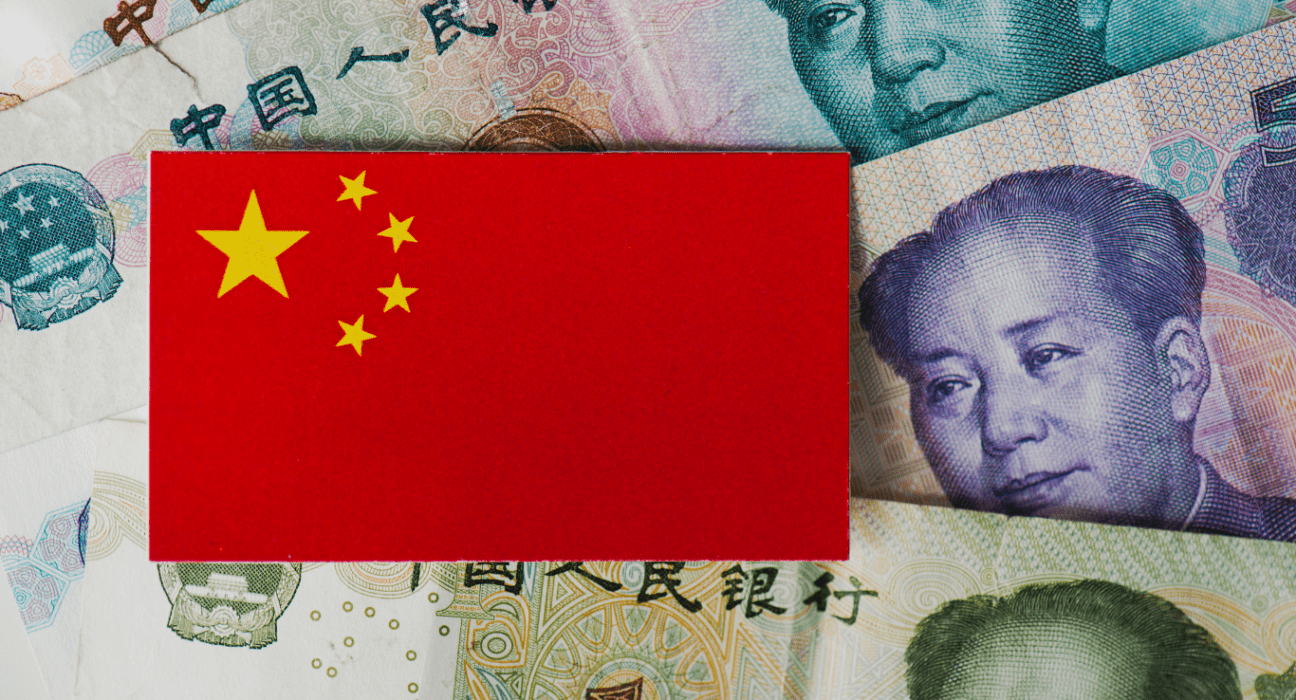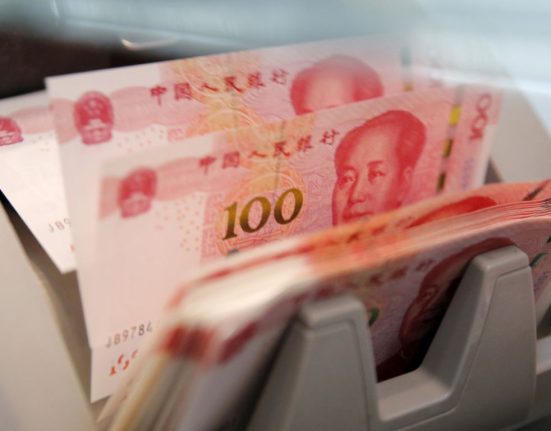Most Asian currencies remained largely unchanged on Thursday despite China announcing additional measures to bolster its economic growth. The Chinese yuan rose by 0.2% after the People’s Bank announced its plans to support the property market and increase lending. Meanwhile, the state planning body and finance ministry revealed they would introduce policies to stimulate spending and unlock savings accumulated during the COVID-19 pandemic.
The move has ignited some optimism about a Chinese economic rebound following recent data showing modest progress in inflation and manufacturing activity despite the lifting of anti-COVID measures. A revival of the Chinese economy would also bode well for other Asian economies, given the country’s position as a significant trading partner for the region. As a result, other China-exposed currencies such as the Singapore dollar and Philippine peso, also saw marginal gains.
However, most Asian currencies saw limited gains as overnight data revealed stronger-than-expected retail sales growth in the United States in January. The reading, coupled with robust inflation data, caused concerns about more hawkish measures by the Federal Reserve in the upcoming months.
The dollar index and dollar index futures fell by about 0.2% each in Asian trade, as some investors opted to book profits after strong gains earlier in the week. The signs of strength in the US labor market and inflation have led to market uncertainty about where interest rates will peak this year, leaving traders cautious about risk-driven bets on Asian currencies.
The Australian dollar initially dropped but later rose by 0.2% on optimism over China, its largest export destination. The country’s labor market unexpectedly shrunk in January, which leaves the Reserve Bank of Australia with less economic room to increase interest rates. However, high inflation is also expected to weigh on economic growth in the country.
The Japanese yen rose by 0.1% but has seen significant losses this week due to uncertainty surrounding the direction of monetary policy in the country. Investors are awaiting more guidance on monetary policy from new Bank of Japan Governor Kazuo Ueda.
China Boosting its Economy
China is taking steps to shore up its economic growth through increased lending and supporting the property market. Additionally, the state planning body and finance ministry will roll out policies to encourage spending and unlock consumer savings accumulated during the COVID-19 pandemic.
The Chinese yuan rose by 0.2%, and China-exposed currencies also advanced slightly, including the Singapore dollar and Philippine peso. The measures have instilled some optimism about a Chinese economic recovery, which would also positively impact other Asian economies given China’s role as a significant trading partner in the region.
Mixed Fortunes for Asian Currencies
Despite China’s positive announcement, most Asian currencies remained limited in their gains due to concerns over rising U.S. interest rates. The U.S. retail sales data for January was stronger than anticipated, which combined with inflation data to fuel apprehension over more hawkish measures by the Federal Reserve.
While the Australian dollar initially dropped due to the country’s shrinking labor market, it later rose on optimism over China’s economic recovery, as the country is its largest export destination. However, high inflation is expected to weigh on economic growth in Australia, leaving the Reserve Bank of Australia with less headroom to raise interest rates.
The Japanese yen saw significant losses this week due to uncertainty surrounding the country’s monetary policy, with investors eagerly awaiting more information from the new Bank of Japan Governor Kazuo Ueda.
Conclusion
China’s announcement about boosting its economy has sparked some optimism about a Chinese economic recovery, which would be favorable for other Asian economies given the country’s role as a significant trading partner in the region. However, concerns over rising U.S. interest rates are limiting most Asian currencies’ gains, with the U.S. retail sales data for January being stronger than expected.










